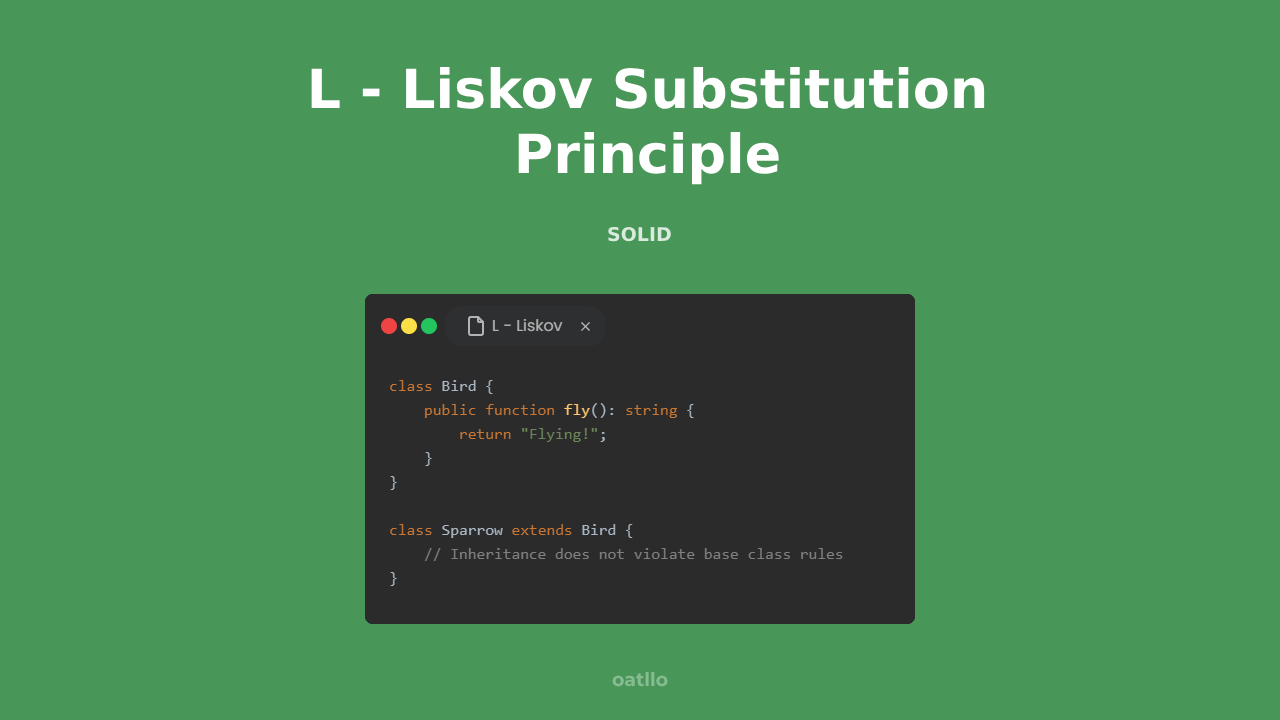What is the Liskov Substitution Principle?
The Liskov Substitution Principle (LSP) is a key concept in object-oriented programming and is part of the broader set of principles known as SOLID. It was formulated by Barbara Liskov in 1987 and concerns the relationship between base classes and derived classes. The principle states that if an object of a derived class can be used in place of an object of a base class, then the program should function correctly without altering the expected behavior. In practice, this means that all methods of the base class should be available and behave predictably in the derived classes.
Why is the Liskov Substitution Principle important in PHP?
When developing software in PHP, following the Liskov Substitution Principle improves readability and maintainability of code. Developers must ensure that any derived class can replace its base class without introducing unexpected changes in the program. In practice, a well-implemented LSP leads to fewer bugs and more flexible and modular code.
Examples of applying the Liskov Substitution Principle in PHP
Examples of applying LSP in PHP include inheritance structures where a derived class inherits methods and properties from a base class. For instance, imagine a simple class hierarchy with a base class Animal and derived classes Dog and Cat. The Dog class should be able to replace the Animal class in any context where it is used, without causing unpredictable results.
What are the most common violations of the Liskov Substitution Principle?
LSP violations can occur when a derived class changes the behavior of methods inherited from the base class or introduces new exceptions not anticipated in the base class. For example, if the Dog class introduces a method that does not exist in the Animal class, yet the Dog class is required to be used as an Animal, then the Liskov Substitution Principle is violated.
If you want to learn more details or see concrete examples of applying the Liskov Substitution Principle in PHP programming, check out the articles below!
